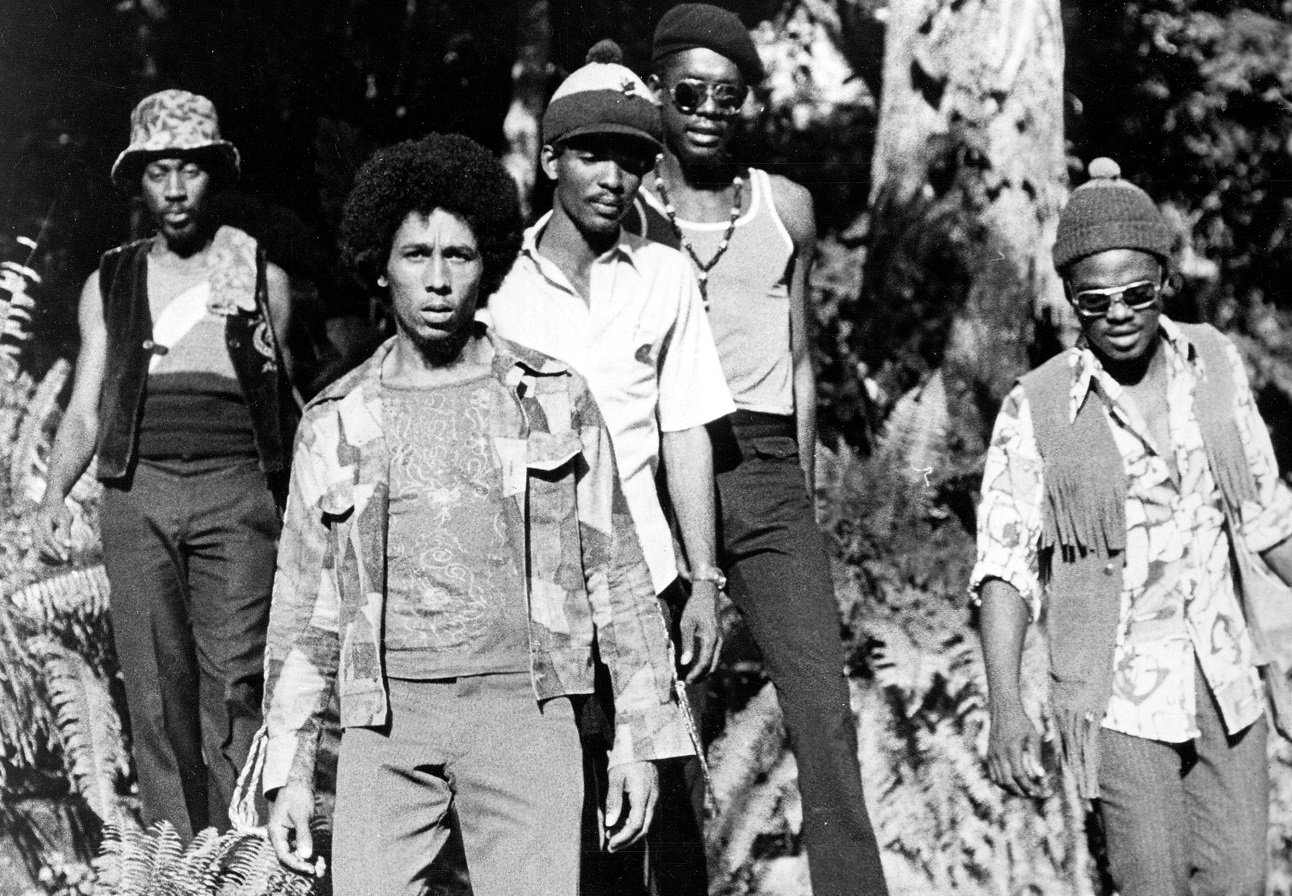Bob Marley in Delaware: The Reggae Legend’s Stint on the Night Shift
On their way to international stardom, Bob Marley and The Wailers faced the struggles familiar to so many up-and-coming musicians. Money was tight, and even when The Wailers scored a hit, producers managed to chisel band members out of their fair share of the take.
The cycle began with “Simmer Down,” the group’s first track to soar to the top of Jamaica’s charts. That number went down at Coxsone Dodd’s Studio One in ’63, and many more Wailers hits followed from there. The problem was, Marley and his bandmates were receiving a pittance for writing and recording the songs.
By late ’65, The Wailers were fed up with the arrangement, which basically excluded them from royalty payments. Marley realized the group needed to make records at its own studio if they wanted to succeed in the industry. As so many others have done, Marley decided to go to America to work and save money for his business.
Bob Marley spent a stretch in the ’60s working and saving in Delaware

The start of ’66 was a hectic time for Marley. Between the writing and recording and haggling with Dodd, his girlfriend Rita Anderson was expecting their child. It was then he’d finally resolved to go to Wilmington, Delaware, where his mother had moved years earlier and had been expecting him.
Before the left for the U.S., Marley married Rita in Kingston, a few weeks after his 21st birthday. After he arrived (without his new bride) in Wilmington, Marley got straight to work. According to several sources, he worked on an assembly line at the Chrysler plant in nearby Newark for several months.
According to the Stephen Davis biography Bob Marley, Marley also did shifts as a parking attendant, dishwasher, and night-shift warehouse employee during the spring and summer of ’66. In his off hours, he worked on new songs. The new batch included Marley standard “Bend Down Low.”
When he returned to Jamaica in October ’66, Marley hadn’t socked away enough to go completely into business on his own. He still needed Studio One for recordings and Dodd’s connections for distributing records. So “Bend Down Low” became another hit for which he didn’t see good money.
Marley wrote about his American work experiences in ‘Night Shift’
Marley and his Wailers bandmates continued grinding through the late ’60s and into the ’70s. In ’71, the group officially broke through in Jamaica with “Trench Town Rock,” a smash hit that stayed on top of the charts for an amazing five months.
Not long after, the group signed with Chris Blackwell on Island Records and made their first album targeted for international audiences. But Marley didn’t leave his work experiences in Delaware all the way behind. On Rastaman Vibration (1976), Marley sang about them on “Night Shift.”
“Working on the night shift / With the forklift,” he wrote. “From a.m. / To p.m. […] Warehouse! You’re empty, yeah.” Marley had put the work in for over a decade that point. And with Positive Vibration he began to see success on the U.S. market. Maybe his old factory coworkers even bought a copy.


